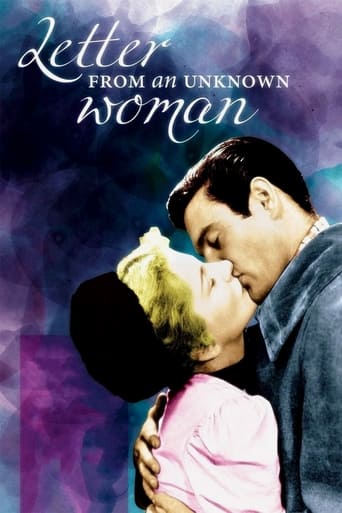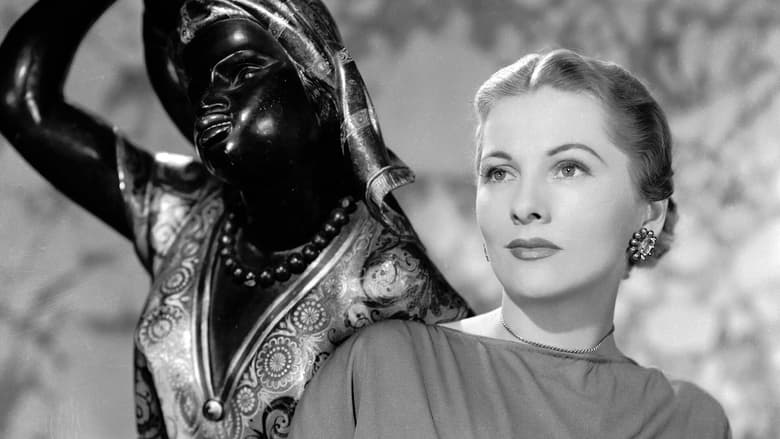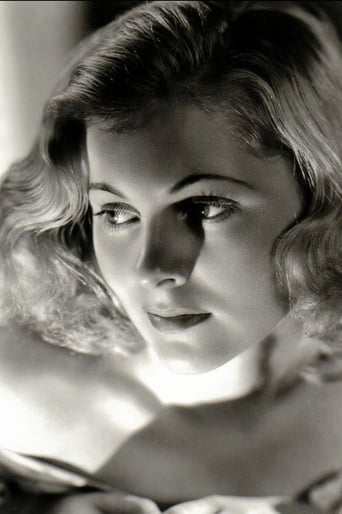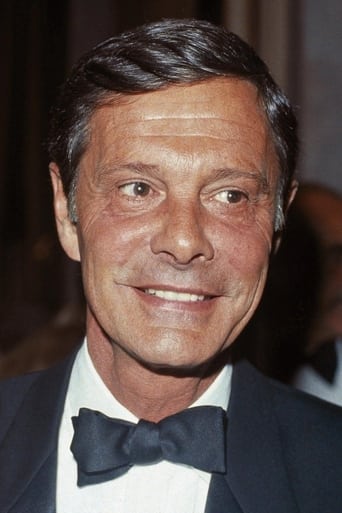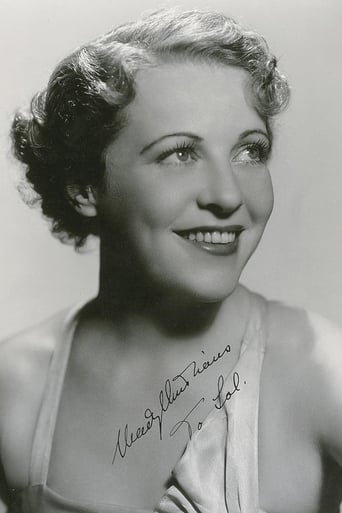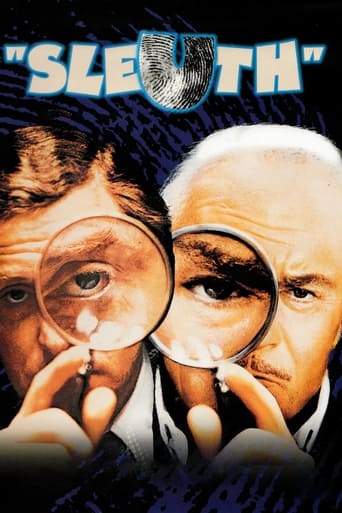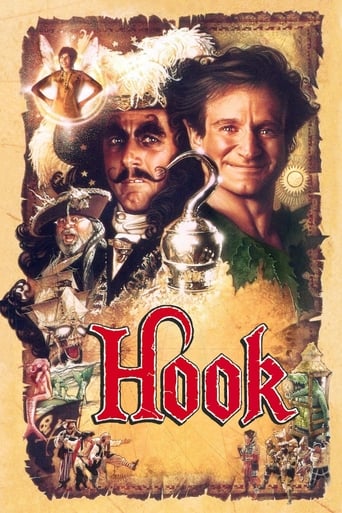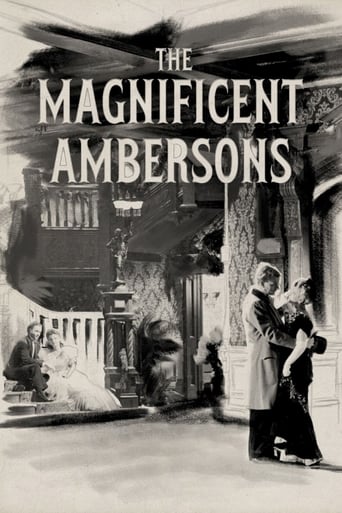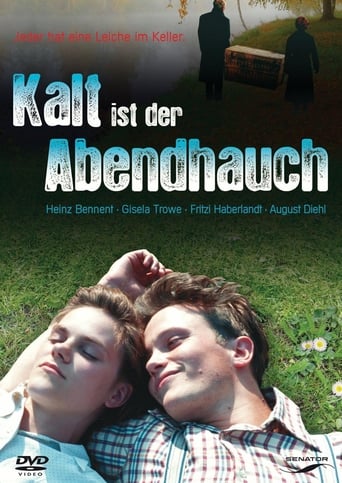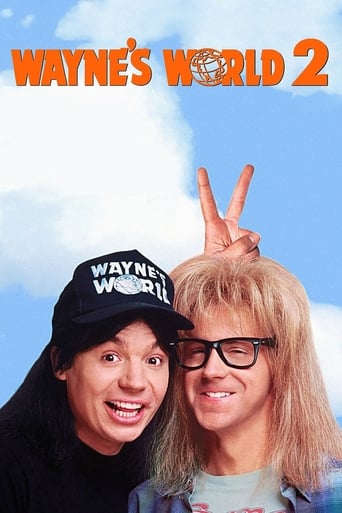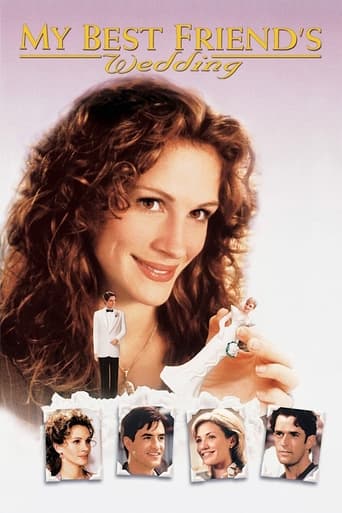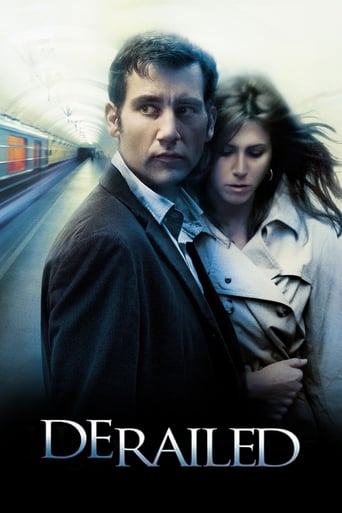Letter from an Unknown Woman (1948)
A pianist about to flee from a duel receives a letter from a woman he cannot remember. As she tells the story of her lifelong love for him, he is forced to reinterpret his own past.
Watch Trailer
Free Trial Channels
Cast


Similar titles
Reviews
everything you have heard about this movie is true.
Unshakable, witty and deeply felt, the film will be paying emotional dividends for a long, long time.
Very good movie overall, highly recommended. Most of the negative reviews don't have any merit and are all pollitically based. Give this movie a chance at least, and it might give you a different perspective.
Let me be very fair here, this is not the best movie in my opinion. But, this movie is fun, it has purpose and is very enjoyable to watch.
Sometimes you watch a film dealing with the story of a romance and the filmmaker will be content enough to reside in the realm of melodrama, of heightened emotions serving a tale of doomed romance - or maybe it won't turn 'doomed' per-say, but the stakes are always so monumental, incredible and just downright heightened that some in the audience may need handkerchiefs for their un-dry eyes and noses. For Max Ophuls, going past melodrama was a key thing. The ingredients in Letter from an Unknown Woman certainly make up melodrama, and as I watched the film I thought it would just comfortably rest there. But it was in the last reel - and especially in the minutes after the end, where I could let my mind catch up with what I was feeling - that this is closer to grand opera, and it's by nature of how determined, how passionate and versatile Ophuls camera is. He is such an active participant, but by making us the audience as well, that it raises the stakes even higher. This is a fabulous but painfully sad movie.It concerns the (mostly) unrequited romance between Lisa (Fontaine) and Stefan (Jourdan), the latter being a concert pianist who comes to take a room with her family when she's younger. She sees him play, and see him with his swagger and confidence, and is smitten right away. Does she know really that much about him? Who cares? The piano seems to express how soulful, how achingly beautiful he is - but more than that how he is not quite happy with how far he's gotten (when he stumbles playing at one point, it seems like maybe he breaks something in disgust with himself - and later she comments on this to him, that he hasn't found what he's looking for). But she leaves with her family and she never gets to tell him who she is or how she feels. Until...But no, the letter that Stefan is reading from is not at this point, which he comes across in his room as he is plotting to run away from a duel with a man who is after him for such and such a reason (and suffice to say you'll figure it out after a while, perhaps). They do meet some time later, when she returns to Vienna and they share one of those perfect romantic evenings that people may have in real life as well as in the movies. Unlike earlier in the story when she's shy and reserved, here she does open up a little more (though in this first real date she won't say she was there during the time they shared living quarters), and he is about the most charming guy on the planet in that moment. It's the kind of date where, I suppose this was a thing in the early 20th century, they go for a buggy ride... with the backdrop being changed by operators.It's interesting to note that at first I didn't really notice that the backdrop was fake until the buggy first stopped. And for a split moment I wondered, 'hey, come on, can it be that cheap a production to... oh, wait, no, it's supposed to be fake.' Thinking about it more, this is kind of like a good metaphor for their relationship - it has the veneer of gorgeous scope and splendor, but when you look closer it's not real. Jourdan has to go away after their very brief whirlwind romance, and she is left with a baby. She gets married, and the story goes ahead to years later, when the child is older and Lisa is now married to a well-off man.Again, you can see many parts of this story I've just described have the air of melodrama: a woman pining for a man she may (or may not) be able to have, and that her passions take on another light when seen through the framing - the framing is the essential thing, what sets it up as being all about the 'hindsight-is-always-20/20' aspect - that you don't know what you got until it's gone. And of course Fontaine and Jourdan are so terrific in their roles, with the former beaming with young love in the early scenes (I almost didn't recognize her in the slightly 'lower-class' get-up), and on through the middle section with her and Stefan's date, and Jourdan is... well, kind of a matinée idol, almost too good looking, if that makes sense, like deceptively the perfect guy.A lot of the brilliance of the film comes down to its economy of storytelling - it's a brisk 83 minutes, though it doesn't feel too short while watching it - and that Ophuls is not one to ever keep things static. Even that buggy scene where they share a magical moment of connection in conversation and perhaps more, because of that backdrop we're not feeling as if this is something stagey or stolid. And yet I don't feel like the technique is there just to please Ophuls demands for a crane shot here or there or most places; the high style is there for the high emotions, that this is a woman expressing how she felt through much of her adult life, and the fact that this guy seemed to be caring for her but on a totally superficial level, and never for very long.Letter from an Unknown Woman is a tragedy of taking things for granted, of believing love at a certain level will be reciprocated, and the fluidity of style matches the fluidity of intense emotions that, when broken, become all the more gut-wrenching.
Letter from and Unknown Woman is a film that I would strongly recommend watching twice, and with as open a mind as possible. As a modern woman— with some admittedly strong feminist sensibilities—I was infuriated by Lisa's character the first time I watched this movie. While indubitably romantic and admirable in her persistence as a girl and young woman, Lisa seemed pathetic by the end of the film when she leaves a loving husband and child for a man who has never loved, valued or respected her enough to even remember having met her in the past. Similarly, I could not find a way to empathize or relate to Stephan's character. I feel like Ophüls ignored him in order to more deeply delve into Lisa's psyche, an understandable choice, but one that resulted in a rather flat male lead. At the end of the film, Stephan reads Lisa's letter and is so guilt-ridden over his treatment of her that he chooses to face her husband rather than run away from their duel as he had intended. This is a pivotal moment in the plot, but I found it impossible to believe that someone who had been so consistently self-serving and careless his entire life could have such a drastic change of character. Further-more, because Stephan is so undeveloped, the viewer can't fully sympathize with Lisa's infatuation with him, and she accordingly appears more like a lovelorn teenager than a passionate, committed woman. Her sacrifices for Stephan would be, if not justified, at least understandable if he had been a more admirable man.Despite my reservations with regard to the plot, the reason I recommend a second viewing is the brilliance and artistry of Ophüls' direction and thematic choices. Throughout the film he uses similar camera angles, language and actions to create a repetitive, illusory sensation that mimics Lisa's delusions about her relationship with Stephan. When the two are riding the "train" in the Prater and visiting various "countries," a scene that is already a clear metaphor of Lisa's self deception, Stephan tells the park operators to start over after they have gone through all of the countries with the line "we will revisit the scenes of our youth." Another instance of this sort of repetition is the two train station scenes in which Lisa says goodbye to Stephan, and later to their son. In both instances, the characters claim that they will be together again in two weeks, a cruel irony as Lisa loses both of them. Lastly, the film is a frame story that begins and ends with Stephan reading Lisa's letter in his apartment. As the credits roll, the viewer is left with the impression that the story has come full circle, back to where it began, just as Lisa spent her lift in a cycle of pining after Stephan and never winning him. Letter from and Unknown Woman is a beautiful piece of art, despite some of its failings as a realistic portrayal of romance and human relationships.
Max Ophüls' film, Letter from an Unknown Woman, is tragic love story about a woman who becomes completely enchanted by her neighbor. Set in Vienna at the turn of the 20th century, the film encompasses the true culture and spirit going on in the city during this time. Although it ends in tragedy for all parties, one cannot ignore the undertones that speak to love and its consequences. While Ophüls' film may be old, I believe it is a timeless work of art that many people can still relate to their own lives. It begins when a man named Stephan Brand moves into his new house. He is a wonderful concert pianist that has an affinity for women, many different women. Lisa Berndle is his young naive neighbor who, after seeing his furniture being moved in, becomes immediately intrigued. From this point on her character is frequently portrayed making all attempts possible to hear Stephan's beautiful melodies floating from his piano into her apartment. Soon however Lisa's mother finds a man who she decides to marry, and the family is going to move to a new city. While waiting for the train with her family, Lisa's infatuation gets the best of her, and in a moment she is on her way back to her old home. When back in Vienna Lisa finds a job and makes daily attempts to get a glimpse of her secret love. When she finally manages to grab Stephan's attention, he manages to charm her even more, and that night they go out on a date. After a romantic dinner and night in the Vienna amusement park, they return to his apartment together and conceive a son. The following day, Stephan finds her working at the dress shop and asks to speak to her when she finishes work. Lisa soon finds out that he is leaving for a concert, but he promises that he will return to her in two weeks. Because of her blinding love for Stephan she trusts his word, but to her dismay he never returns to her. Eventually she moves on with life, marrying a military officer who loves her, supports her, and even takes her son in treating him as he would his own. Stephan enters the story again when the couple attends a concert one night. Lisa notices Stephan quickly and feels the passion returning, but does not want to recognize it so she pretends to be ill hoping to get home before he sees her. Perhaps she knew that if they meet again she would not be able to control her feelings, but Stephan eyes her leaving and catches her before she does. Once back at home with her husband, she realizes she must go see Stephan one more time. When they are together it seems for a small amount of time that he remembers who she is, but after Stephan uses the same lines he did before, she realizes that he has forgotten her. Knowing that her love was not returned she leaves before he can return with the drink he had promised her. Only when he receives a letter does he realize that she had been carrying his son and had loved him her entire life. Lisa's husband is knocking on the door as the movie comes to a close looking for a duel to defend the honor of his late wife and her dead son. It is only when Stephan realizes the folly of his ways that Stephan chooses to accept his fate and join his family in death.Though terribly sad and ironic, this film shows the true power of love, whether it is reciprocated or not. Lisa lived her whole life for Stephan, and in the end lost everything because of it. Stephan on the other hand never realized what he had in her until it was gone. After learning what he had done, he must have found that there was no reason to live any longer. Finally, the soldier who truly loved Lisa also realized that his love would never be enough, losing his wife to another man and ultimately to a terrible disease. Ophüls' film is a wonderful love story that illuminates the delights and perils that true love often contains.
There have been dozens of films about unrequited love, about heartbreak, about the lives of two individuals taking different paths...and there will continue to be, but "Letter from an Unknown Woman" stands above all of them. Why? What makes this film so special? Its simplicity. It's about a shy, young girl who falls for an older man who'll never be interested in her. It's a simple plot, yet this movie is one the most beautiful I've ever seen, in part, thanks to the beautiful Joan Fontaine, whose angel face and eyes didn't need any single word to express all the emotions a girl who's hopelessly in love could feel. She is the real star of this movie, and it's a pleasure to look at her; so simple, so gracious and so captivating. Louis Jordan is also excellent as the handsome man caught in a downward spiral. This movie is not easily forgotten. The piano and the train scene are among the loveliest I've ever seen in any movie. Every person out there who wants a beautiful love story should watch "Letter from an Unknown Woman". I assure you won't be disappointed. It's movies like these continuously reassert my love for classic cinema.

